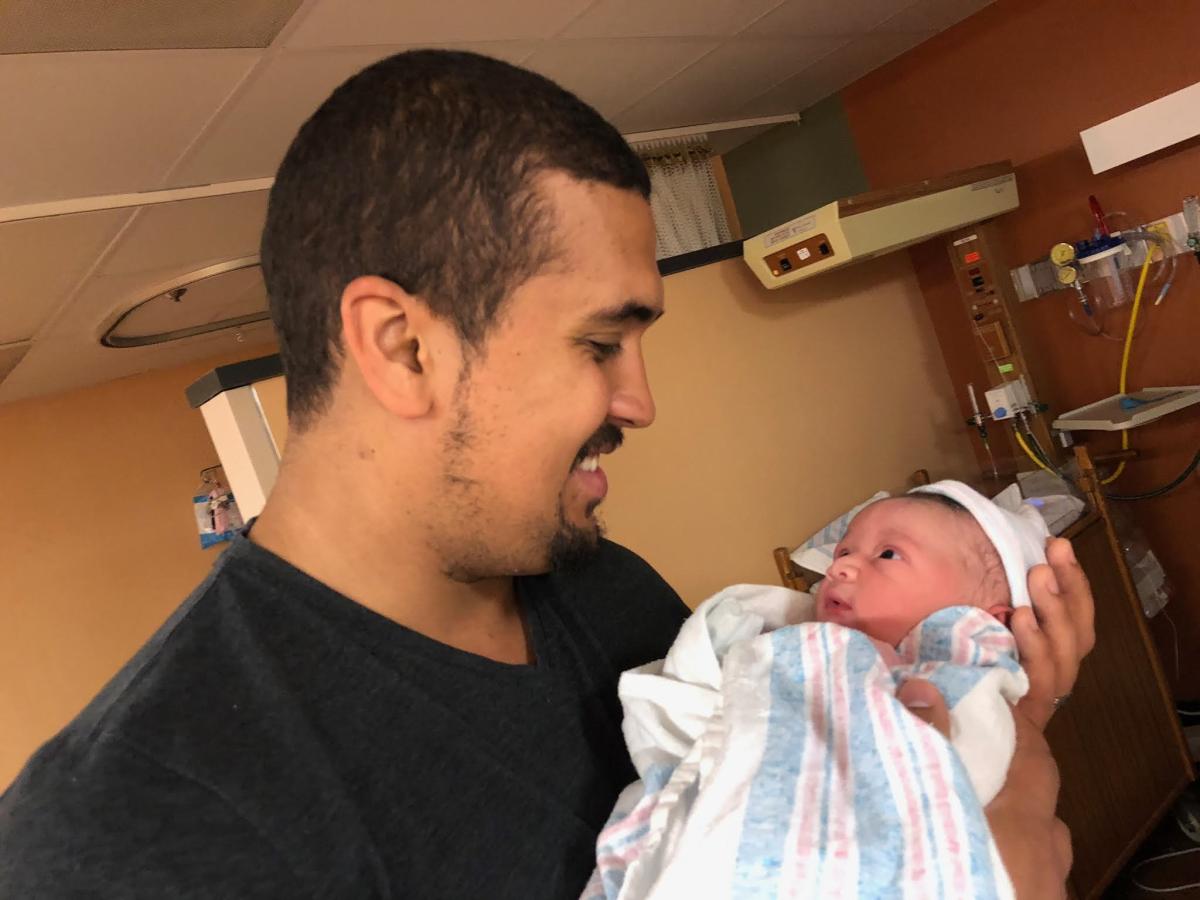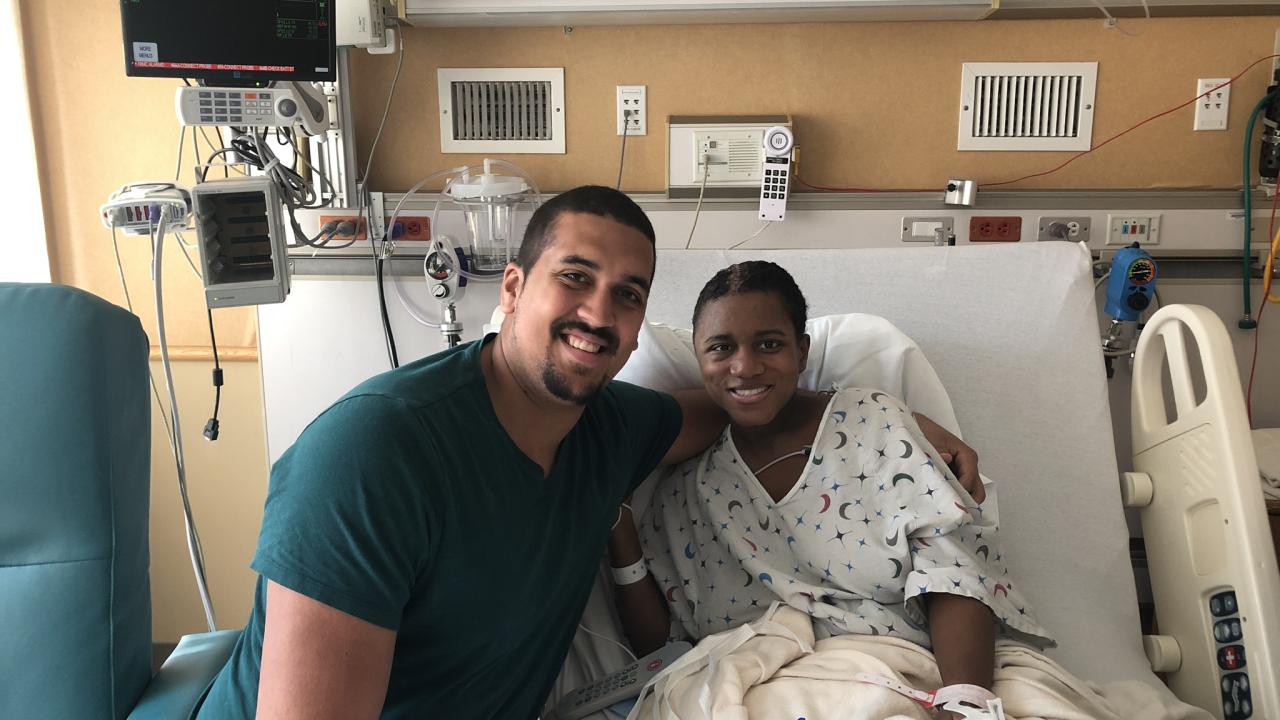Pearman Family Story
RACISM IN HEALTHCARE IS PUTTING BLACK WOMEN AT RISK
Imagine feeling, at 40 weeks pregnant, unseen and unheard by your doctor when you express your concerns…and then having a stroke a week after giving birth.
Everything was going smoothly until Shannel’s last week of her pregnancy, when she was really swollen and had gained a lot of weight in a short period of time. At her 40-week appointment, her doctor discovered that she had high blood pressure and tested her for preeclampsia. She was assured that she was fine and was sent home. “I felt like something wasn't right,” Shannel says. “I voiced my concerns and my concerns were dismissed.”

The week leading up to Jayce’s birth, Shannel was anxious and still felt like something was wrong. Then that Saturday they went into the hospital as planned for Jayce’s birth. He was born perfectly healthy via Cesarean birth, and the three of them got to go home together.
A week later, their lives were turned upside down. “That night I had a migraine, and at first I didn’t think anything of it. I thought, okay this is just a migraine, I'll just take some medicine, drink some water, no big deal. And then out of nowhere, I just felt the sudden urge to vomit. I ran to the bathroom with Jared right behind me. I remember looking up at Jared and I couldn't see half of his face.”
Shannel, Jared and Jayce immediately went to the hospital. After waiting several hours, Shannel’s family demanded a CAT scan. “That's when they showed the brain bleed,” Shannel says. “I was hemorrhaging. I had had a stroke at that point and hours had passed. And we didn't know.”
“The gravity of that situation took a while to set in until I realized, wait, this is really bad, she's really sick,” Jared says. “There's a possibility I might lose my wife right now. And it was the scariest day of my life.”
The last thing Shannel remembers is being in the ER on a stretcher, holding Jayce. Then she woke up with half of her head shaved and cut open—she had emergency brain surgery. “I just woke up in the hospital with my vision still gone and I could barely move because I was still recovering from my Cesarean delivery,” she recalls.

Shannel spent a week in the hospital. “As a new mom the only thing you want to do is love your baby and take care of your baby, and not physically being able to do so was the hardest thing.”
After another brain surgery several weeks later, she then began her recovery and her life as a stroke survivor. “On top of dealing with the realities of being a new mom, I was now dealing with vision loss, walking around in a house that I can't even see, trying to breastfeed my son when I can't see half of him,” she says. Shannel also suffered from cognitive issues such as processing information, focusing and memory.
“My stroke is categorized as postpartum preeclampsia technically, but the signs of preeclampsia were there my last week of my pregnancy. They were just ignored. I believe if my concerns were listened to, none of this would have happened. And I think that's probably the hardest thing for me to accept.”
By sharing their story, Shannel and Jared want to encourage other women to be their own biggest advocates and to trust their bodies. “If something doesn't feel right, speak up—don’t just take someone else's word for it,” Shannel says.
March of Dimes is committed to ending preventable maternal health risks and death so no other family has to go through what the Pearmans did.
